Summer is speeding by, and I have been terribly remiss in keeping up with my blog. For those who have reached out to me in recent weeks, asking if I am okay, the short answer is, “Yes, I am.” I won’t claim to be wondrously fantastic, because you wouldn’t believe me if I did. But I am well.
Our new house continues to feel more and more like home. The house itself is pretty much where we would like it to be at this point. A few more doors, door frames, and window frames need painting, but that can wait for cooler weather. We have found a couple of pieces of furniture to fill gaps in the three-season room on the back of the house, and we now have outdoor furniture for the backyard patio. All we need now is a fire pit for the fall. The yard looks great — Nancy has been planting and transplanting and weeding, and I have been keeping the grass under control with my new (used) standing mower. (If you don’t know what a standing mower is, look them up. This thing actually makes cutting the lawn sort of fun.)
We have a large flock of Wild Turkeys that walks through the yard a couple of times each day. How large? Five hens and twenty-two growing chicks. The young were adorable when they were little fuzzballs. Now they’re bigger, more awkward — like adolescents — but still dependent on their moms. Apparently it really does take a village… We also have a White-tailed doe and two fawns who show up most evenings while we’re eating dinner in the back room. And there is a young buck, with velvet still on his antlers, who appears to be shadowing them. Add to that our hummingbird family, the Indigo Buntings and Chipping Sparrows, and our local Cooper’s hawk, and we have a nice selection of wildlife paying us visits on a daily basis.
I have recently finished reading slush for the Skulls X Bones anthology I am editing with Joshua Palmatier for release from Zombies Need Brains. Soon, we will be making our final choices of which stories to include and will begin the actual editing of the manuscripts. And already I am working on my next editing project, which will be for Falstaff Books with the fabulous Sarah J. Sover. More details to come.
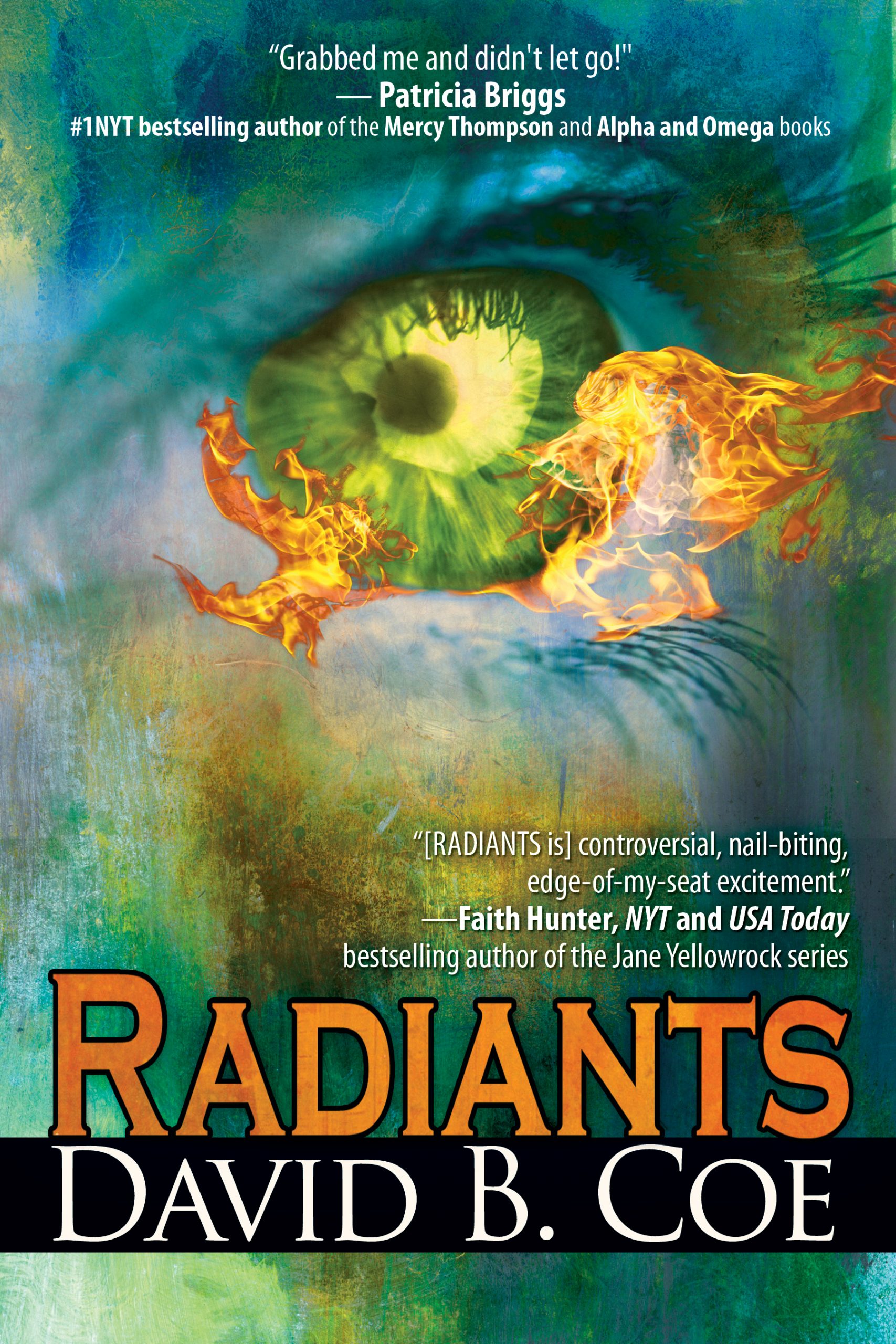 As for writing, I have still not done much at all. But that might be changing soon. There are a lot of moving parts to this development, and nothing is set in stone yet, but for fans of the Radiants books, who have wondered if I ever planned to go back to those stories, stay tuned . . . . Yes, I know that I have promised a return to the Thieftaker universe as well, not to mention a reissue of Winds of the Forelands, which I have had on the back burner for years now. Those will be coming eventually as well. I am slowly working my way back into a writing mindset. I would ask for your patience, as I continue to heal and find my emotional footing again.
As for writing, I have still not done much at all. But that might be changing soon. There are a lot of moving parts to this development, and nothing is set in stone yet, but for fans of the Radiants books, who have wondered if I ever planned to go back to those stories, stay tuned . . . . Yes, I know that I have promised a return to the Thieftaker universe as well, not to mention a reissue of Winds of the Forelands, which I have had on the back burner for years now. Those will be coming eventually as well. I am slowly working my way back into a writing mindset. I would ask for your patience, as I continue to heal and find my emotional footing again.
Nancy and I have been out to see Erin in Colorado, and will be seeing her again before too long. We have plans for multiple trips later this summer and into the fall, and are also looking forward to welcoming some guests to our home.
Other than that, life has been sailing along. We see family and friends. We watch our favorite shows and listen to music. We cook fun foods and taste new whiskeys. I have been playing music as well, polishing long-neglected guitar skills and trying to retrain my voice.
Alex, of course, is a constant presence in my thoughts. I am learning to live with my grief, to honor her memory in ways that do justice to the loss while also allowing me to function and breathe and be thankful for all that we still have in our lives. At the risk of misspeaking for Nancy and Erin, I believe it is a journey for all of us. There’s no real end point. It is just the reality of our world now, and always will be. Not long ago, I shared a song with my guitar buddy and dear, dear friend, Alan Goldberg. It was a tune I first heard on a mix CD Alex made for me when she was in high school, a tune I hadn’t listened to in several years, since well before her death. I knew he would love the song, but I was also afraid to play it for him. I didn’t know how I would feel upon hearing it again.
I needn’t have worried. It brought a smile. It made me feel close to her, thankful for this tiny gift she had given me — one gift among so, so many. Did it make me miss her? Of course, but it’s not like I need help in that regard. And the sweet memories that came with the melody were a balm.
Here is the song. Enjoy your weekend. Hug those you love.









 Last weekend, at ConCarolinas, I was honored with the Polaris Award, which is given each year by the folks at Falstaff Books to a professional who has served the community and industry by mentoring young writers (young career-wise, not necessarily age-wise). I was humbled and deeply grateful. And later, it occurred to me that early in my career, I would probably have preferred a “more prestigious” award that somehow, subjectively, declared my latest novel or story “the best.” Not now. Not with this. I was, essentially, being recognized for being a good person, someone who takes time to help others. What could possibly be better than that?
Last weekend, at ConCarolinas, I was honored with the Polaris Award, which is given each year by the folks at Falstaff Books to a professional who has served the community and industry by mentoring young writers (young career-wise, not necessarily age-wise). I was humbled and deeply grateful. And later, it occurred to me that early in my career, I would probably have preferred a “more prestigious” award that somehow, subjectively, declared my latest novel or story “the best.” Not now. Not with this. I was, essentially, being recognized for being a good person, someone who takes time to help others. What could possibly be better than that?


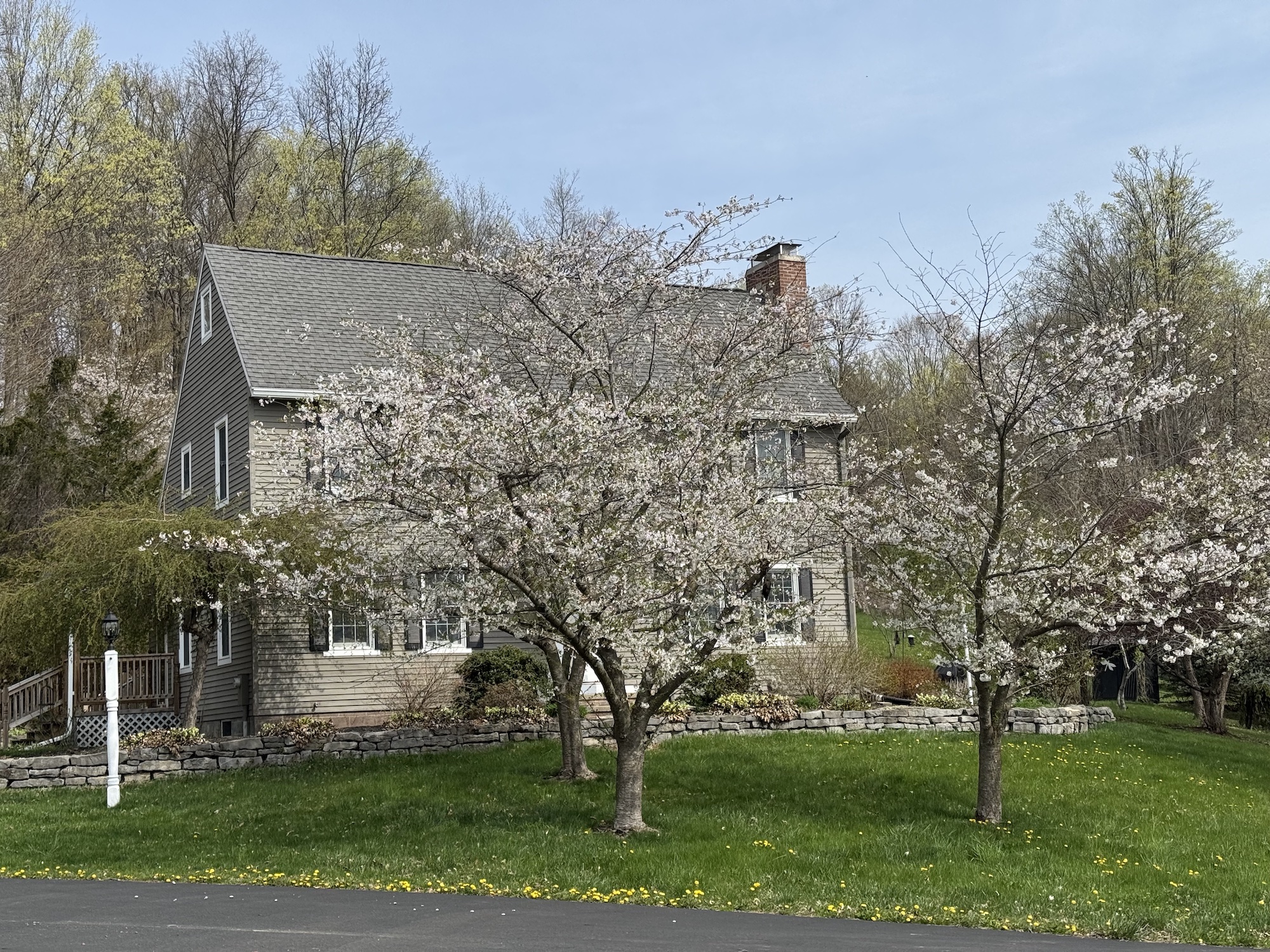
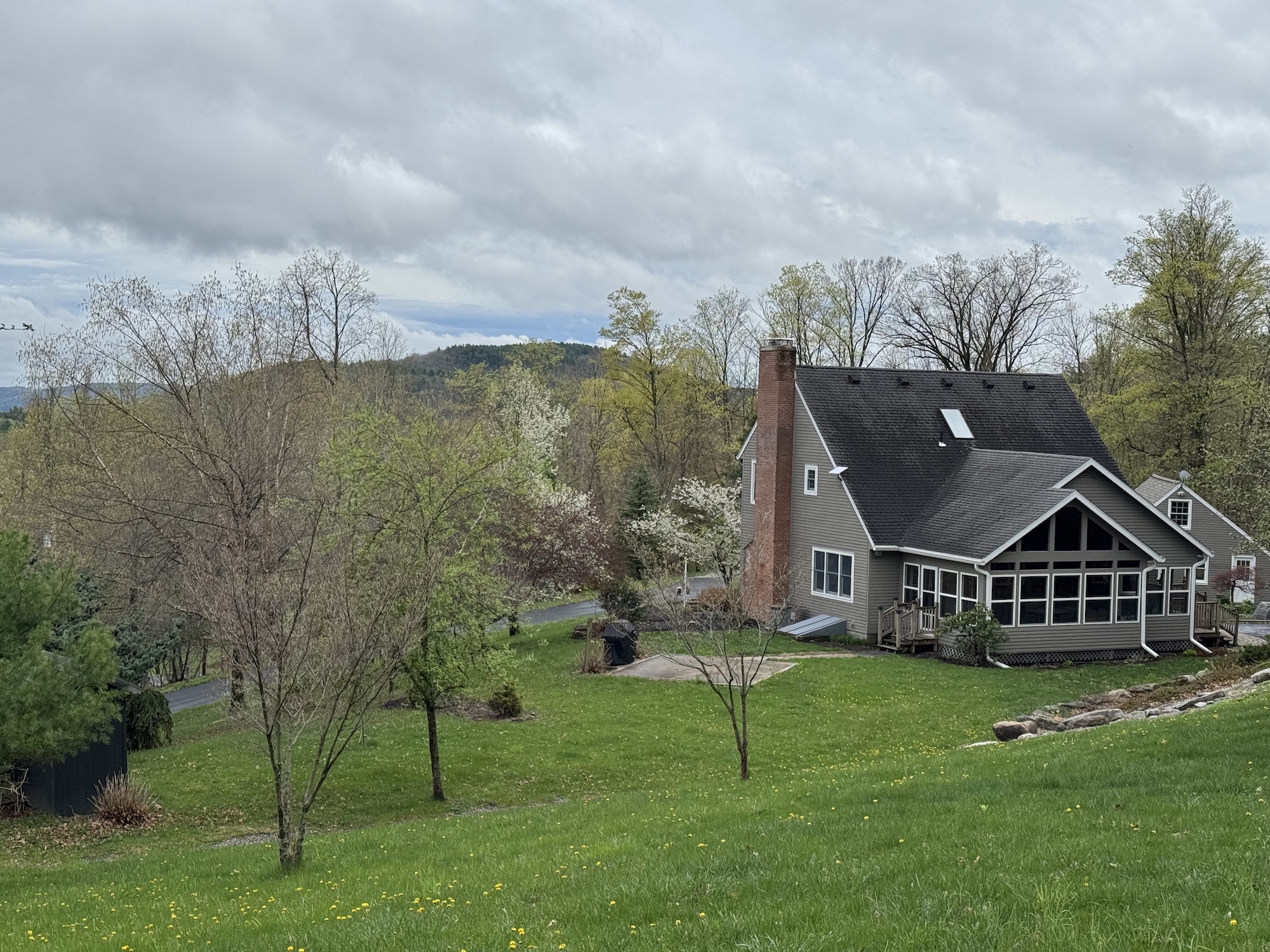

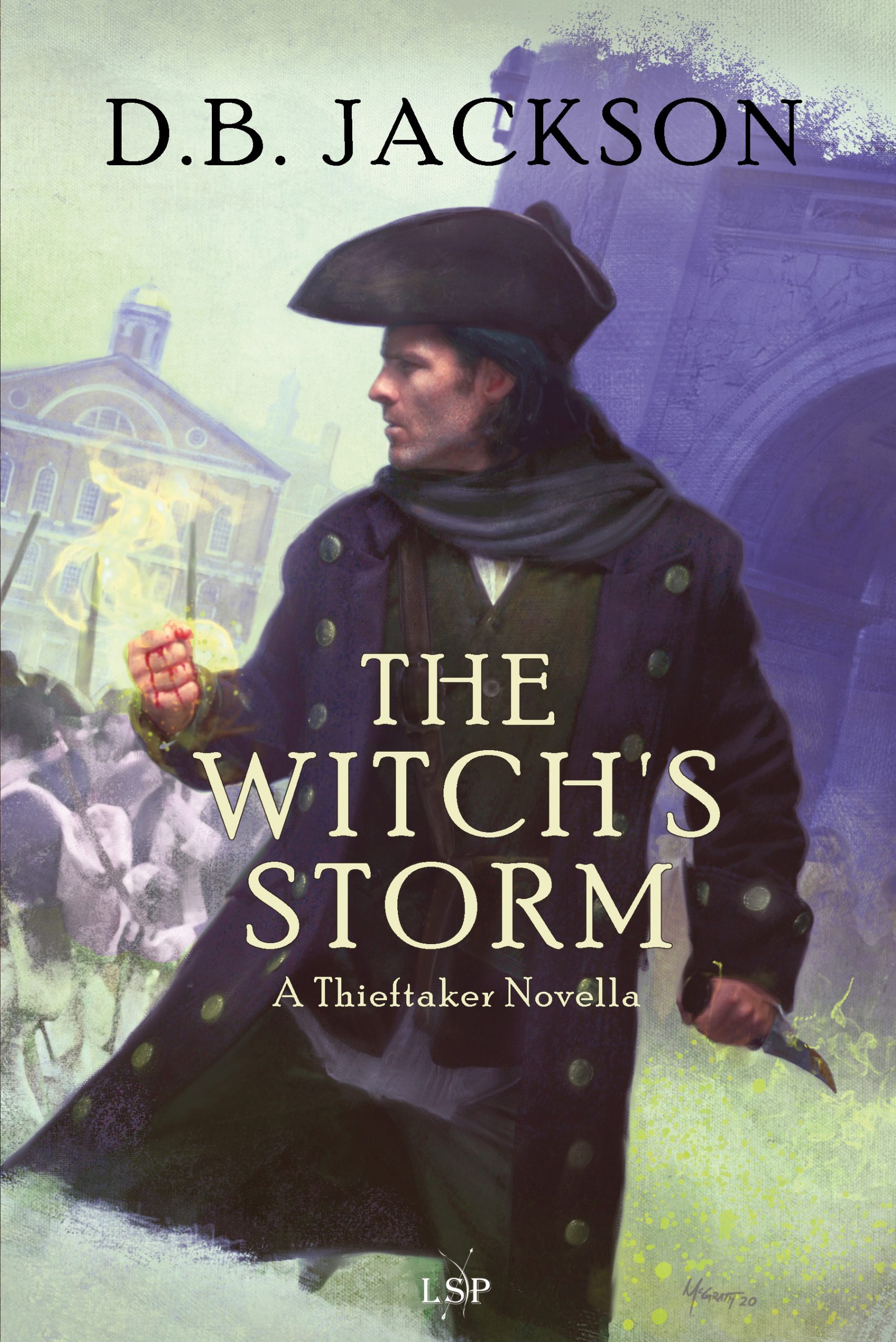 What qualities make a villain compelling? I intend to dive into that. Who are some of my favorite villains? I’ll get into that, too. But let me offer a few quick points up front. I don’t think much of the all-powerful-evil-through-and-through villains one often encounters in the fantasy genre. Sauron, for instance — the evil god whose world-conquering designs lie at the heart of J.R.R. Tolkien’s The Lord of the Rings — is, to my mind, a very boring villain. He’s really powerful, and he’s really, really evil. And yes, he’s cunning, which is a point in his favor, and he’s scary (or his minions are). But beyond that, and unless one has gone back and read all his backstory in The Silmarillion, there isn’t really much to him. He lacks dimension and complexity.
What qualities make a villain compelling? I intend to dive into that. Who are some of my favorite villains? I’ll get into that, too. But let me offer a few quick points up front. I don’t think much of the all-powerful-evil-through-and-through villains one often encounters in the fantasy genre. Sauron, for instance — the evil god whose world-conquering designs lie at the heart of J.R.R. Tolkien’s The Lord of the Rings — is, to my mind, a very boring villain. He’s really powerful, and he’s really, really evil. And yes, he’s cunning, which is a point in his favor, and he’s scary (or his minions are). But beyond that, and unless one has gone back and read all his backstory in The Silmarillion, there isn’t really much to him. He lacks dimension and complexity. Some of my favorite villains from my own work? Quinnel Orzili from the Islevale Cycle (Time’s Children, Time’s Demon, Time’s Assassin), Saorla from the second and third books in The Case Files of Justis Fearsson, and, my absolute favorite, Sephira Pryce from the Thieftaker books. Yes, she later become something other than a pure villain, but that was basically because she became SO much fun to write that I had to find a way to keep her around and relevant.
Some of my favorite villains from my own work? Quinnel Orzili from the Islevale Cycle (Time’s Children, Time’s Demon, Time’s Assassin), Saorla from the second and third books in The Case Files of Justis Fearsson, and, my absolute favorite, Sephira Pryce from the Thieftaker books. Yes, she later become something other than a pure villain, but that was basically because she became SO much fun to write that I had to find a way to keep her around and relevant.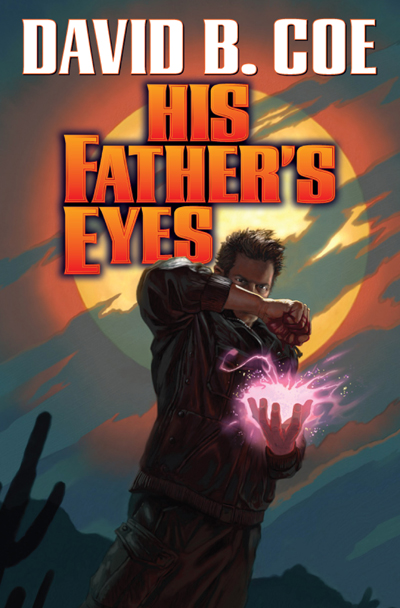 My favorite villains in the work of others? I already mentioned Brandan of Ygrath. John Rainbird, from Stephen King’s masterpiece, Firestarter, is a terrific villain. Smart, brutal, and yet also human. In Catie Murphy’s marvelous Negotiator trilogy there are two supernatural “bad guys,” Daisani and Janx, whose personal rivalry threatens the fabric of the mortal world. Their mutual animus and their own needs and desires humanize them and make them terrific foils for Magrit Knight, the series’ protagonist. And I would add that a certain writer I care not to mention in light of recent revelations has created some truly amazing villains. Too bad he wound up being a villain worthy of his own undeniable storytelling talents.
My favorite villains in the work of others? I already mentioned Brandan of Ygrath. John Rainbird, from Stephen King’s masterpiece, Firestarter, is a terrific villain. Smart, brutal, and yet also human. In Catie Murphy’s marvelous Negotiator trilogy there are two supernatural “bad guys,” Daisani and Janx, whose personal rivalry threatens the fabric of the mortal world. Their mutual animus and their own needs and desires humanize them and make them terrific foils for Magrit Knight, the series’ protagonist. And I would add that a certain writer I care not to mention in light of recent revelations has created some truly amazing villains. Too bad he wound up being a villain worthy of his own undeniable storytelling talents.
 We woke this morning to a snow squall, something that happened with ever-decreasing frequency during our years in Tennessee, as climate change made the warm South even warmer. Here in New York, during the winter months, snow is still the default when there’s precipitation, and I love that. I have missed snow and don’t mind paying the plow guy or dealing with snow on the walkways and driveway. The beauty of an early morning snowfall more than makes up for the inconveniences.
We woke this morning to a snow squall, something that happened with ever-decreasing frequency during our years in Tennessee, as climate change made the warm South even warmer. Here in New York, during the winter months, snow is still the default when there’s precipitation, and I love that. I have missed snow and don’t mind paying the plow guy or dealing with snow on the walkways and driveway. The beauty of an early morning snowfall more than makes up for the inconveniences.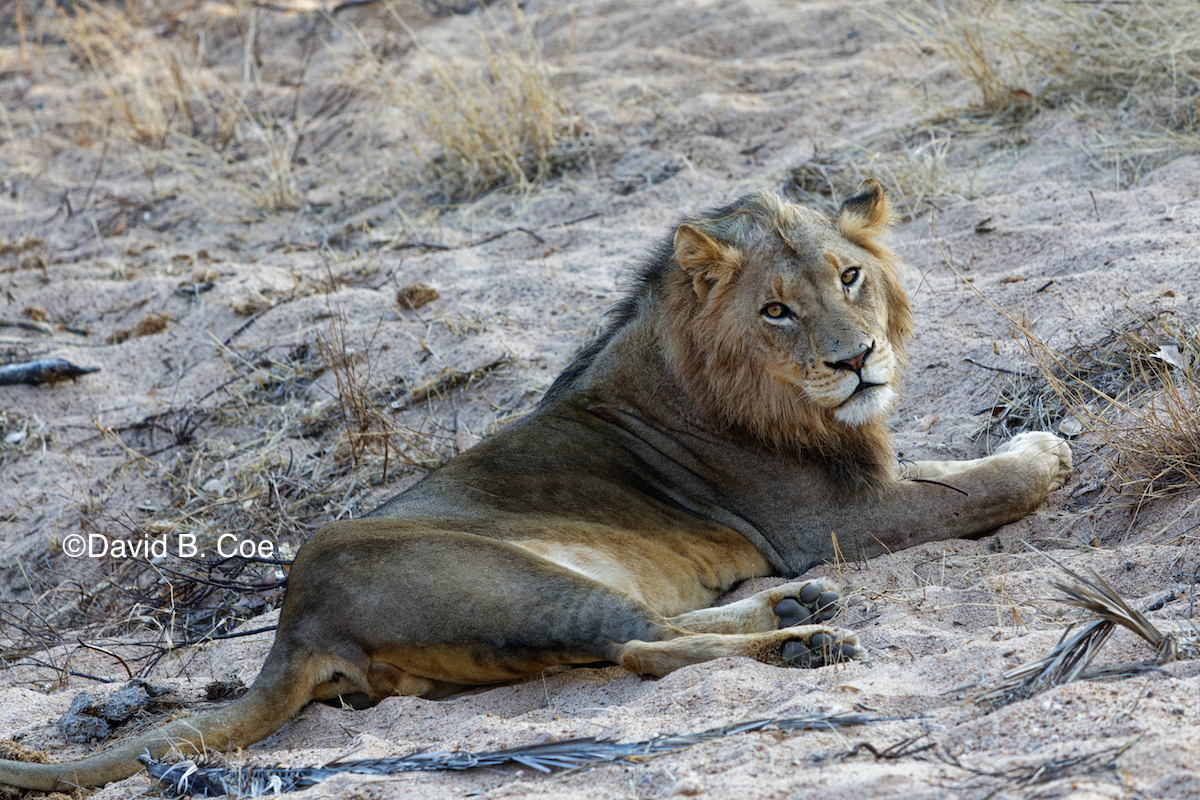

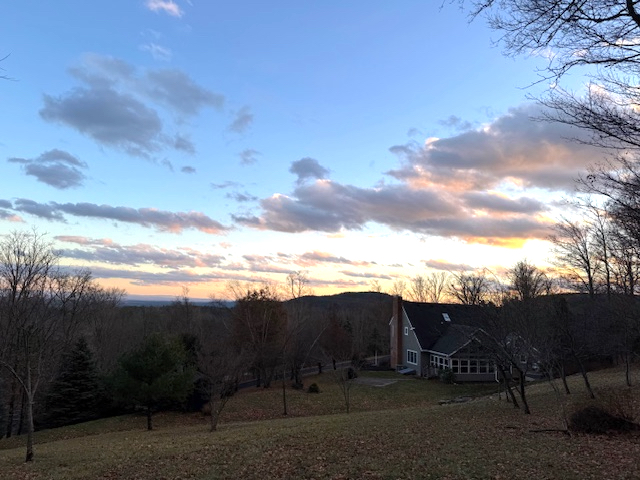
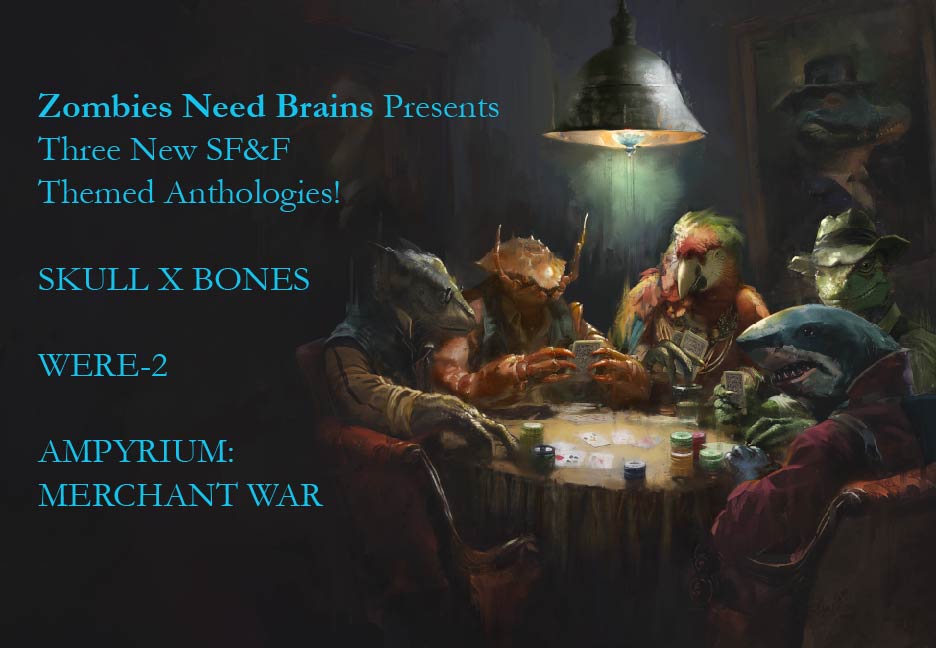
 And in part, this is the fault of professionals like me, who talk about our work habits and, perhaps, create unrealistic expectations that writers with less experience then apply to themselves. I write full time. I demand of myself that I write 2,000 words per day. I am asked often how long it takes me to write a book, and the honest answer is that it takes me about three months, which is pretty quick, I know. Writers who are at the outsets of their careers should not necessarily expect to do the same.
And in part, this is the fault of professionals like me, who talk about our work habits and, perhaps, create unrealistic expectations that writers with less experience then apply to themselves. I write full time. I demand of myself that I write 2,000 words per day. I am asked often how long it takes me to write a book, and the honest answer is that it takes me about three months, which is pretty quick, I know. Writers who are at the outsets of their careers should not necessarily expect to do the same.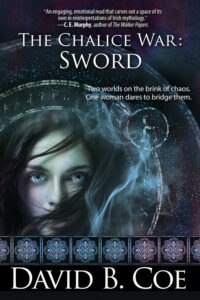 We’ll begin with the assumption that the book we’re writing will come in at around 100,000 words, which is the approximate length of most of the Thieftaker books, the Chalice War books, and the Fearsson books. Epic fantasies tend to be somewhat longer; YAs tend to be shorter. But 100K is a good middle ground.
We’ll begin with the assumption that the book we’re writing will come in at around 100,000 words, which is the approximate length of most of the Thieftaker books, the Chalice War books, and the Fearsson books. Epic fantasies tend to be somewhat longer; YAs tend to be shorter. But 100K is a good middle ground.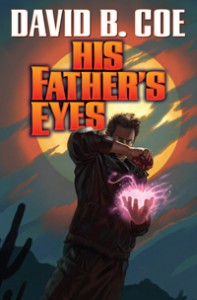 Feeling more ambitious? Say we can write for ninety minutes each weekday, and can manage to average 500 words a day, while taking our weekends off to recharge. Well, now we’re writing 2,500 words per week, and that novel will be done in less than nine months. Willing to write on weekends, too? Now we’re down to seven months.
Feeling more ambitious? Say we can write for ninety minutes each weekday, and can manage to average 500 words a day, while taking our weekends off to recharge. Well, now we’re writing 2,500 words per week, and that novel will be done in less than nine months. Willing to write on weekends, too? Now we’re down to seven months.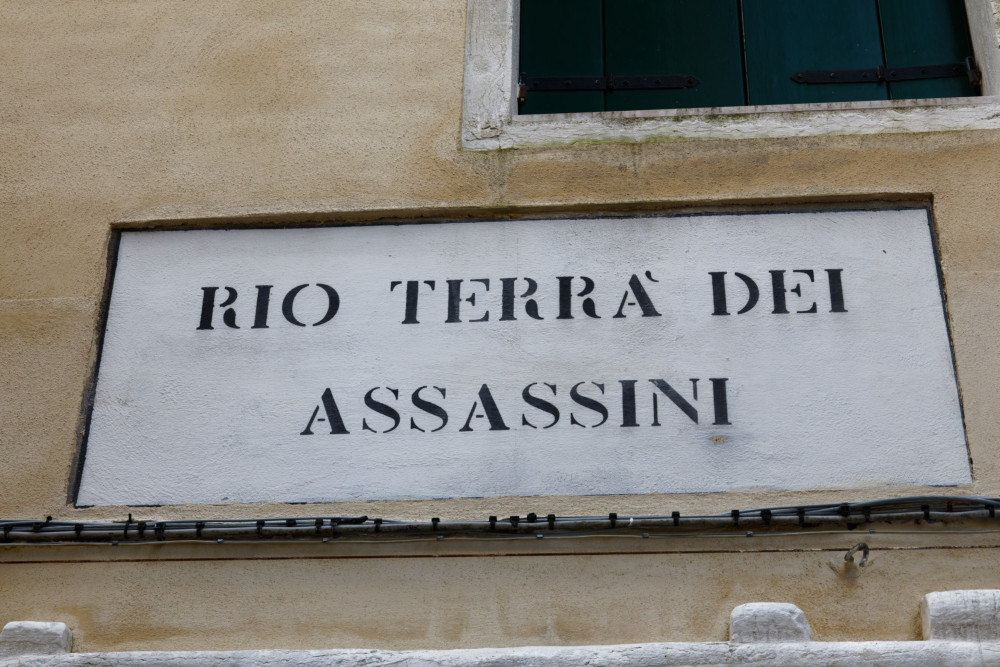
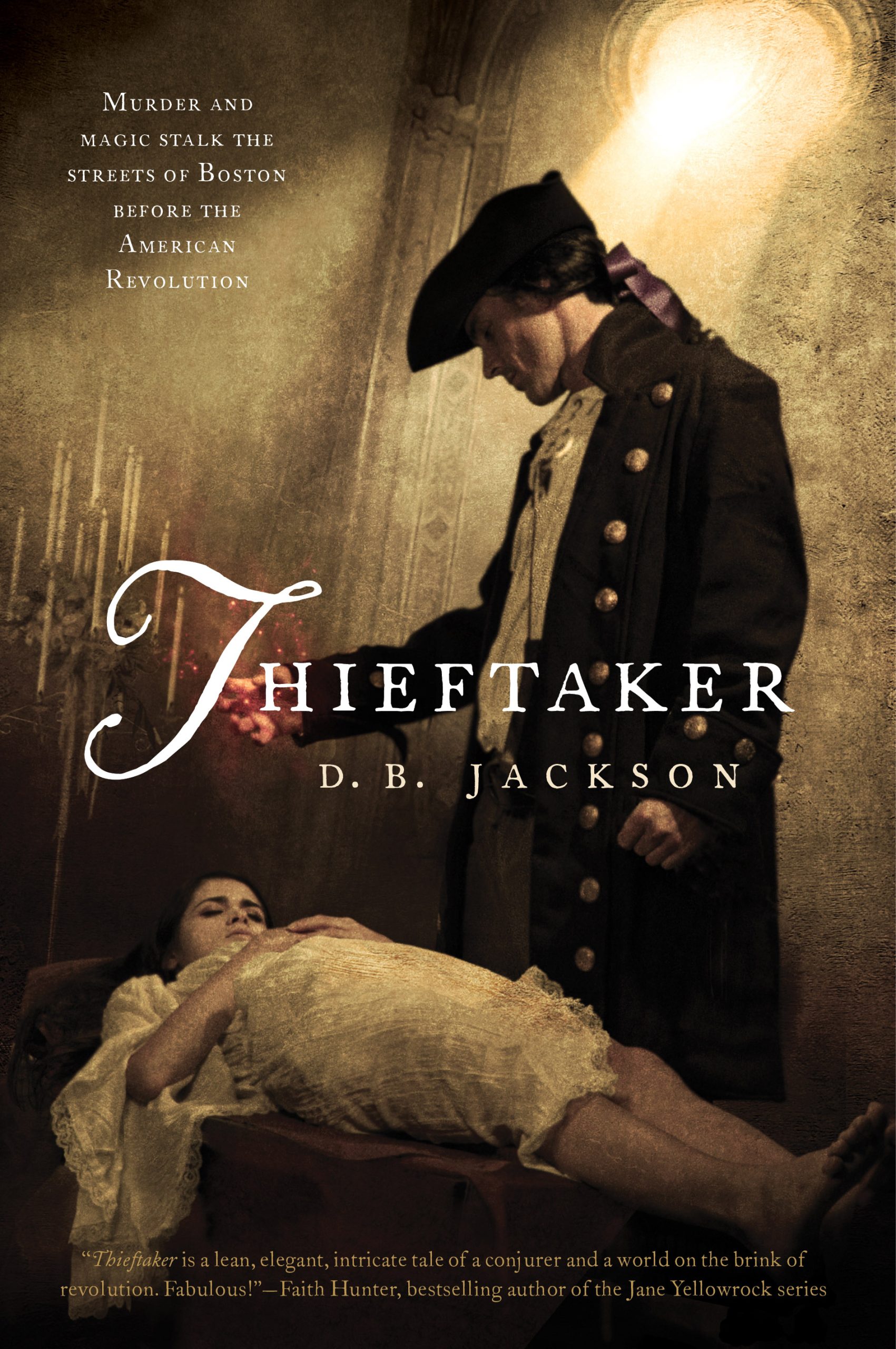 What about the rest of my life? What’s next in other realms?
What about the rest of my life? What’s next in other realms?